FOOD!
When we get hangry (hungry + angry) and feel empty in every sense of the word, we usually feed ourselves to get full, to feel better.
In this article we will focus on Sunnah foods… what does that mean? As Muslims, living according to the Qur’an and the authentic Sunnah guides our lifestyle choices, from the way we dress, eat, drink and even donate.
“Indeed in Prophet Muhammad (ﷺ), you have an excellent example to follow for him who hopes for (the Meeting with) Allāh and the Last Day, and remembers Allah much.”
[Qur’an 33:21]
Many of the recommended foods via the Sunnah has also been scientifically acknowledged for its therapeutic properties.
There are many foods to mention, from the Qur’an and Sunnah but here are a few:
- Our first one is the classic good ol’ honey.
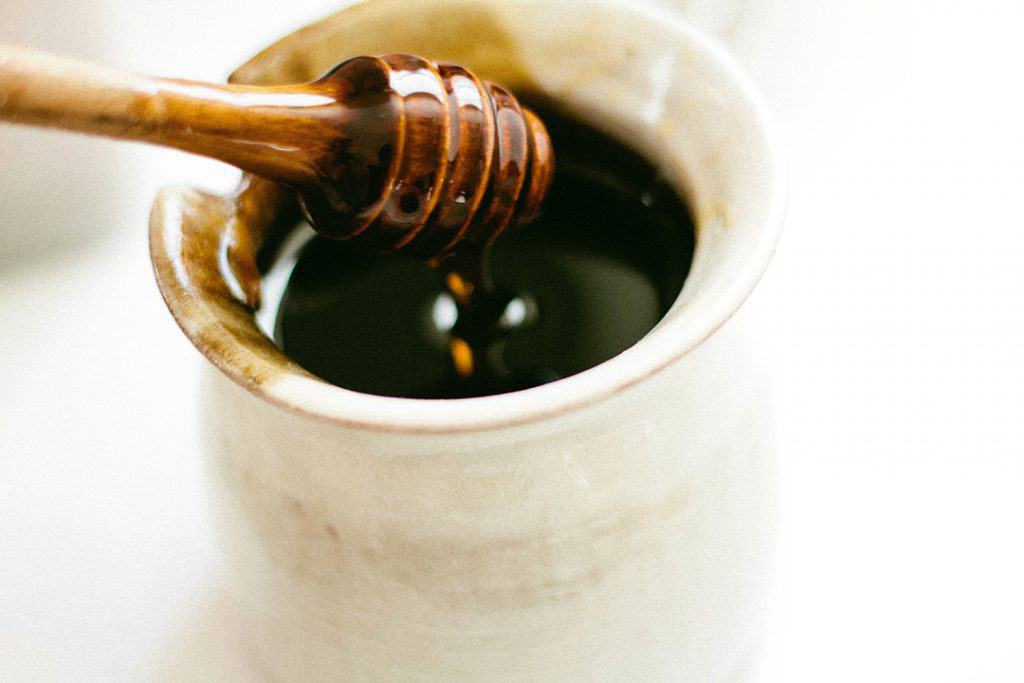
“Allah’s Messenger (ﷺ) used to love sweet edible things and honey.”
[Bukhari]
Its medicinal importance has been documented in the world’s oldest medical literatures, and is known for its wound-healing abilities and fighting against infections.
- Olives are another means of shifaa (healing) and is used from cooking to moisturising one’s skin
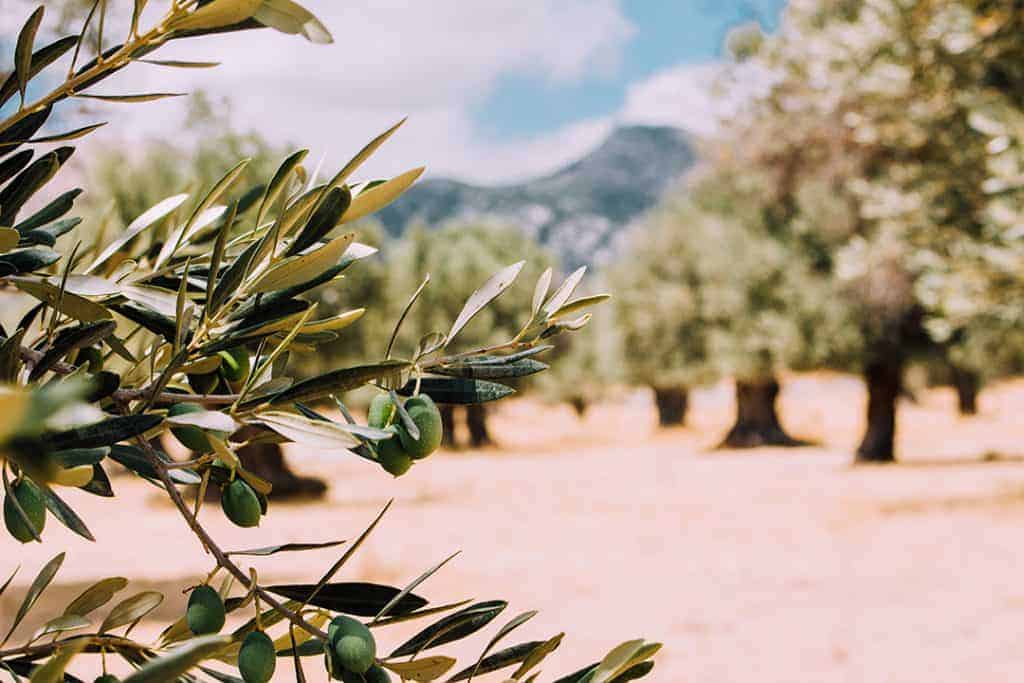
It was narrated from ‘Umar that the Messenger of Allah (ﷺ) said:
“Season (your food) with olive oil and anoint yourselves with it, for it comes from a blessed tree.”
[Ibn Majah]
Olives contain oleic acid, which has beneficial properties to protect the heart. They also contain polyphenols, a natural chemical that reduce oxidative stress in the brain, as well as aiding in memory.
- Dates are a good source of various vitamins and minerals. It’s a good source of energy, sugar and fibre and can be eaten as form of protection against evil.
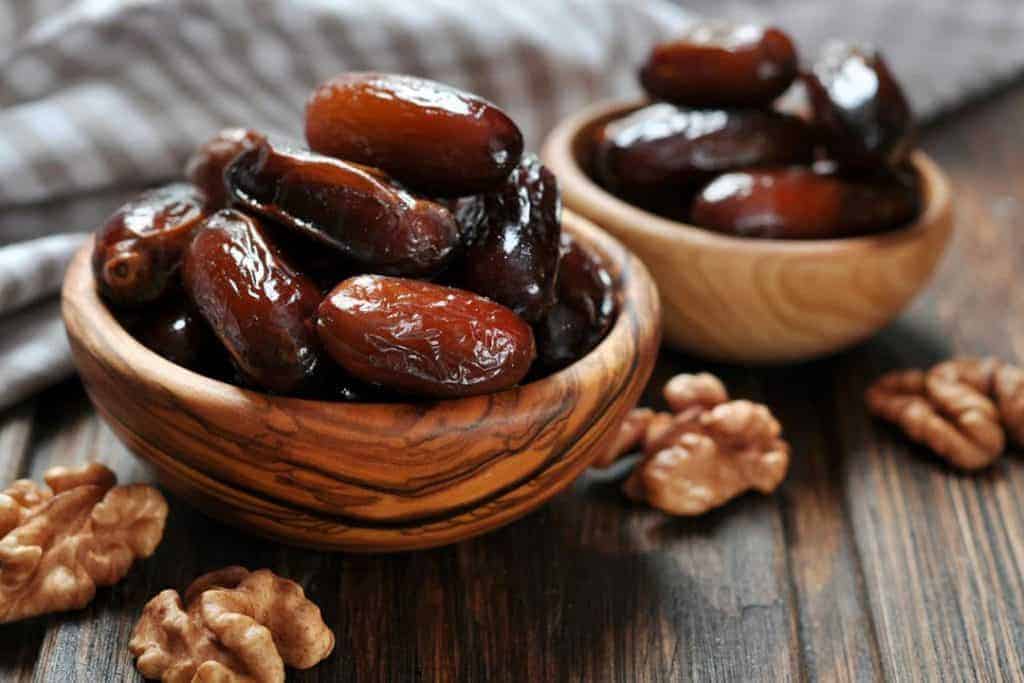
The Prophet (ﷺ) said, “If somebody takes some `Ajwa dates every morning, he will not be affected by poison or magic on that day till night.” (Another narrator said seven dates).
[Bukhari]
It’s also the best of foods to break your fast with as they stabilize your blood sugar levels, rebalance blood electrolyte levels, and help kick start your digestive system in preparation for food.
- Wholegrain barley
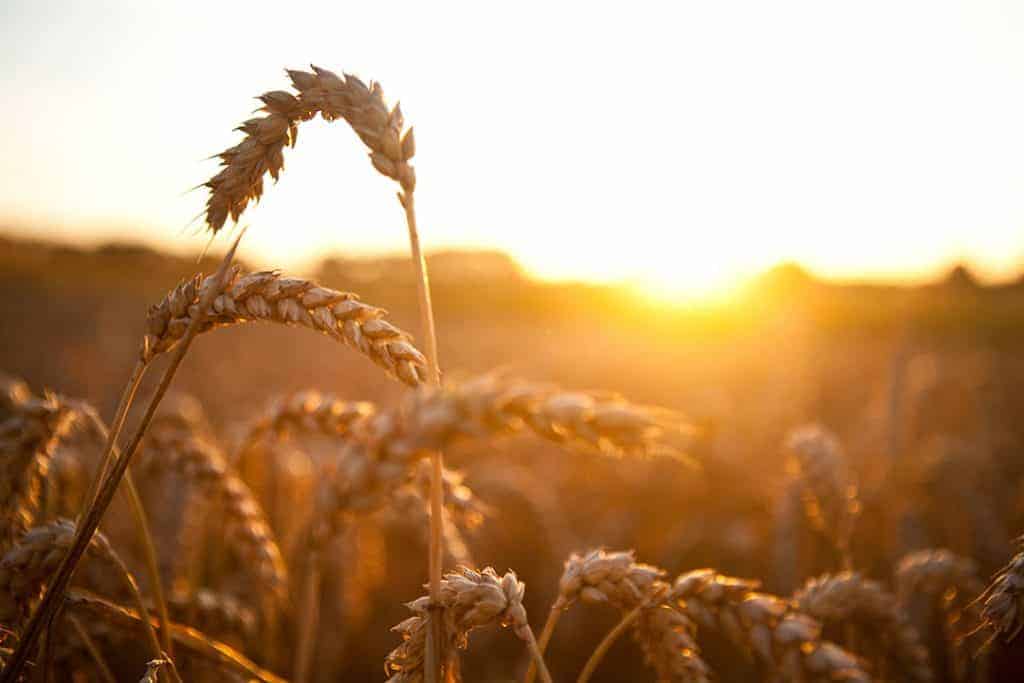
“I heard Allah’s Messenger (ﷺ) saying, ‘at-Talbina gives rest to the heart of the patient and makes it active and relieves some of his sorrow and grief.'”
[Bukhari]
Talbina is made by adding 1-2 tablespoons of wholegrain barley flour to one and a half cups of water or milk. This is then cook on a low heat for 10-15 minutes and it can be sweetened with honey or dates.
Additionally, science tells us that whole grains are good for us as they are packed with nutrients, including protein, fibre, B vitamins, antioxidants, and trace minerals
- Habbatus Sawda/Black Cumin Seed is a common name for black seed oil,
‘You should eat this black seed, for in it there is healing from every disease, except the Sam (death).’”
[Ibn Majah]
Islamically we have been made aware of its benefits but it has also been identified in science as a food that targets one’s immune system and has anti-inflammatory properties.
There’s no doubt that food and health has a link. Nutrition makes a massive contribution to the physical and mental aspects of our health, with research suggesting there are dietary factors influencing mental health conditions. However, there is a whole other relationship to food and mental health which we will be exploring further in our articles for April so stay tuned in!
What are your favourite Sunnah foods/concoctions? Do you have any ramadan recipes? Share some with us!

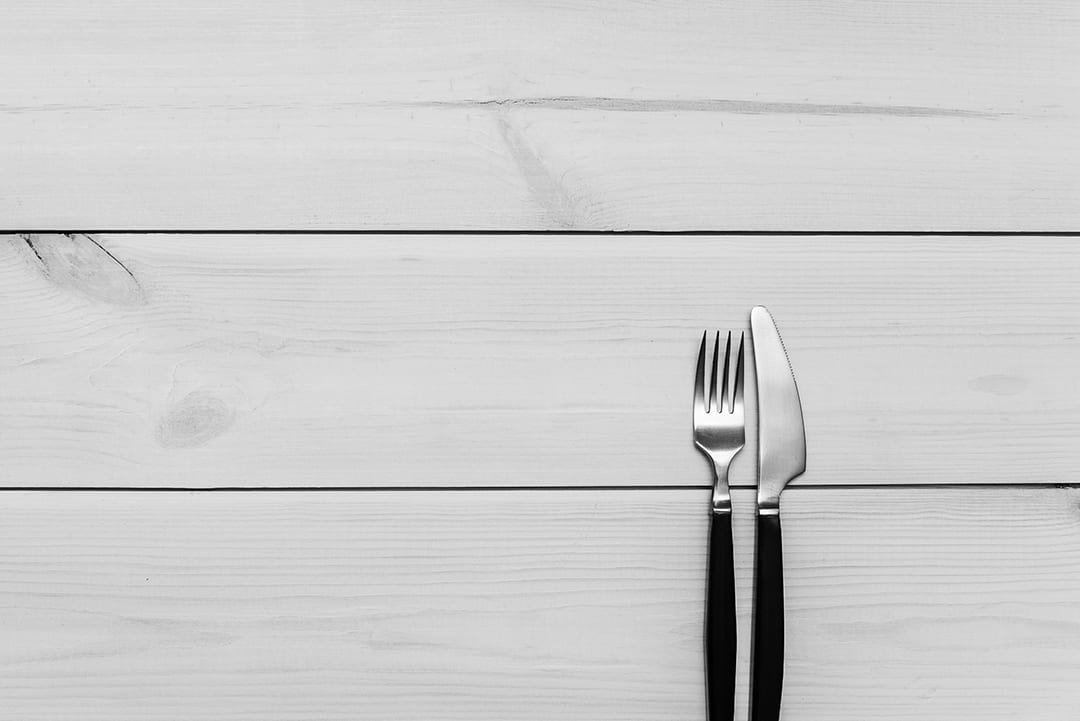



Masha Allah, what an inspiring article! May Allah help us to implement all this virtues.